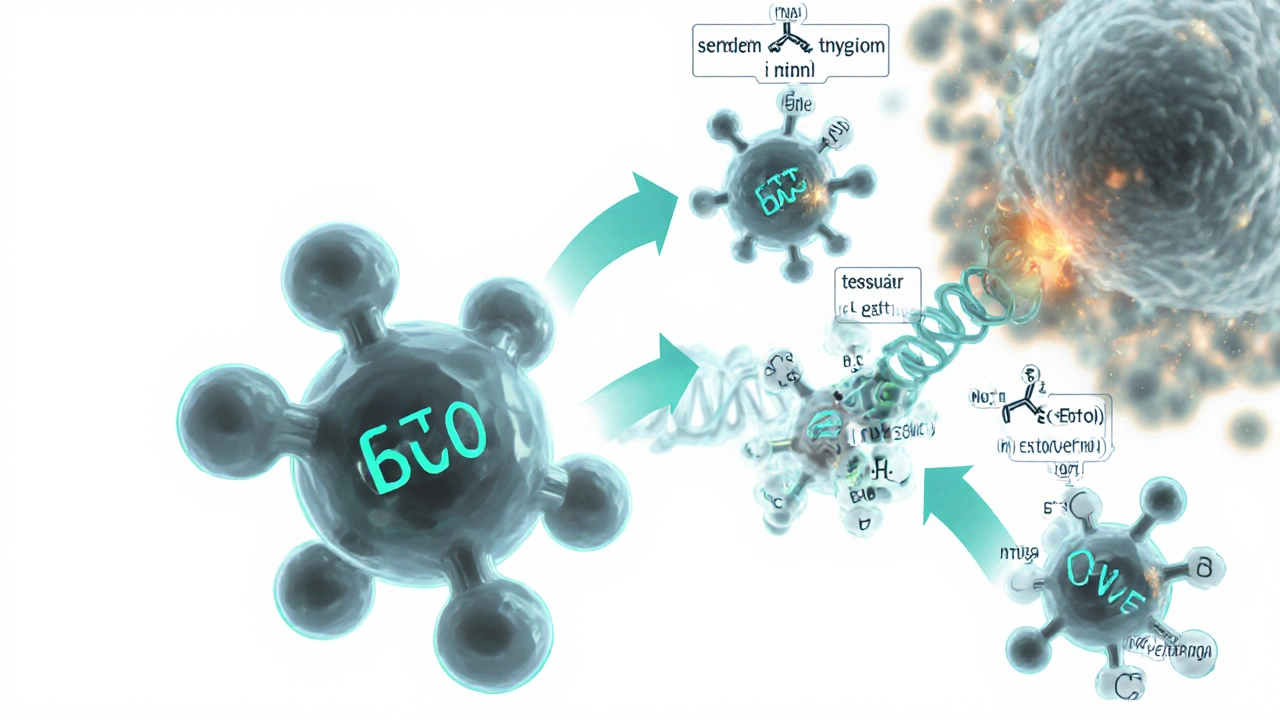Folate Supplementation: Essential Benefits and How to Use It
When working with Folate Supplementation, the practice of adding folic acid or natural folate to meet daily nutritional needs. Also known as folic acid supplementation, it supports Neural Tube Development, the formation of the brain and spine in early pregnancy and helps lower Homocysteine, an amino acid linked to heart disease when elevated. Folate Supplementation also contributes to Cardiovascular Health, by improving blood vessel function and reducing clot risk. These connections form the core of why many health guides recommend a daily dose for specific groups.
Why Folate Matters for Different Stages of Life
The body can’t store large amounts of folate, so a steady intake is crucial. For most adults, 400 µg of dietary folate equivalents (DFE) suffices, but pregnant people need at least 600 µg DFE to close the gap that prevents neural tube defects. Seniors often face reduced absorption, making a 400‑600 µg supplement useful to keep homocysteine in check. People on certain medications—like antiepileptics or methotrexate—also benefit because these drugs can deplete folate reserves. The key attribute here is the synthetic form, Folic Acid, a stable, water‑soluble compound used in most pills and fortified foods, which the gut converts into active folate. Understanding the dosage attribute (daily micrograms) and the form attribute (tablet, capsule, powder) helps you match the right product to your lifestyle.
Choosing a source depends on diet and preferences. Leafy greens, beans, and citrus fruits provide natural folate, but cooking can destroy up to 50 % of the vitamin. Fortified cereals and breads add a reliable dose, while supplements guarantee the exact amount listed on the label. When reading a label, look for the “DFE” figure; it accounts for the bio‑availability difference between folic acid and natural folate. For those who prefer a plant‑based route, methyl‑folate supplements deliver the active form directly, bypassing the conversion step—a useful attribute for people with MTHFR gene variants.
Safety is another attribute worth noting. Folate toxicity is rare, but taking more than 1000 µg DFE daily can mask a vitamin B12 deficiency, leading to neurological issues. Most side effects are mild—headache or digestive upset—so start with the recommended dose and adjust only under medical guidance. If you’re pregnant, a prenatal vitamin with 800‑1000 µg folic acid is the standard recommendation, ensuring both you and the developing baby get enough folate during the critical first trimester.
Below you’ll find articles that dive deeper into each of these points: how to pick the right supplement, ways to combine folate with other nutrients, and real‑world tips for staying consistent. Whether you’re planning a family, aiming to protect your heart, or simply want to avoid a deficiency, the collection ahead offers practical guidance you can act on right now.
Folate Deficiency and Hormone Imbalances: How Low Folate Affects Your Hormones
Explore how folate deficiency disrupts hormone balance, who’s at risk, how to test, and practical diet and supplement steps to restore healthy estrogen, testosterone, thyroid and cortisol levels.






